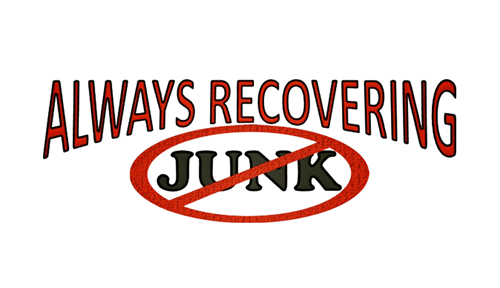Living with hoarding isn’t easy. Whether you’re struggling yourself or trying to help a loved one, it’s more than just “too much stuff.” Hoarding can affect your health, your relationships, and your peace of mind. The good news? You’re not alone, and there’s real help out there in Maryland—most of it free.
Understanding Hoarding: More Than Just Clutter
Hoarding isn’t about being messy or lazy. It’s a real mental health issue that can be tied to anxiety, depression, trauma, or loss. Folks who hoard often feel overwhelmed, ashamed, or even hopeless about their situation. If that sounds familiar, take a breath. There’s no shame in asking for help.
It’s important to know that just cleaning up the mess isn’t going to solve the problem for good. Clearing out the clutter is only one part of the process. True recovery means getting mental and emotional support, too—in the form of counseling, support groups, and help from understanding family or friends. Tackling both the physical and emotional sides is what leads to real, lasting change.
Free Hoarding Support Resources in Maryland
1. Maryland Department of Health – Behavioral Health Services
Maryland’s Department of Health offers mental health resources for individuals and families, including those dealing with hoarding. You can find local clinics and support groups, and many services are free or low-cost.
Maryland Behavioral Health Administration
2. 211 Maryland
Dialing 211 or visiting 211md.org connects you to all sorts of local resources—mental health support, crisis counseling, and even housing help. Operators are trained to listen without judgment and point you in the right direction.
3. Support Groups
Hoarding Task Forces: Some counties in Maryland have local hoarding task forces. They can offer support, referrals, and sometimes even hands-on help.
Gaithersburg Hoarding Task Force
Clutterers Anonymous (CLA): This self-help group is modeled after AA and offers free meetings for anyone struggling with hoarding or chronic clutter.
4. Therapists Specializing in Hoarding
Many therapists in Maryland offer free consultations or sliding-scale fees. Look for specialists in OCD, anxiety, or trauma—they often understand hoarding best. Psychology Today’s therapist finder lets you filter by specialty and location.
5. County Social Services
If hoarding is putting your housing at risk, your local county social services can step in. They can connect you with emergency help, legal aid, and sometimes even cleanup assistance.
Listing of Social Services Websites for all Maryland Counties
Tips for Starting the Recovery Journey
- Don’t go it alone. Reach out to someone you trust or a professional.
- Start small. Even clearing one corner or one box is progress.
- Focus on safety. Clear pathways and exits first to reduce fire or health hazards.
- Be patient. Recovery takes time—don’t beat yourself up over setbacks.
How Always Recovering Junk Can Help
We get it—sometimes, the hardest part is just getting started. At Always Recovering Junk, we don’t just haul away stuff. We show up on time, treat you with respect, and give you up-front, honest pricing.
While we don’t offer free removal, we’re happy to give you a free quote so you know exactly what to expect. No hidden fees, no pressure—just real help when you’re ready.
Ready to take the next step?
Reach out to us for a free, no-obligation quote. Let’s make a plan together and help you get your space—and your life—back on track.

